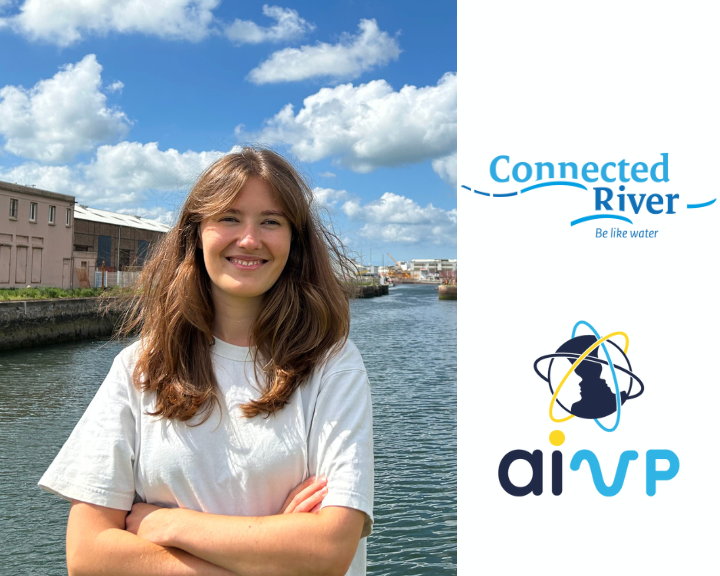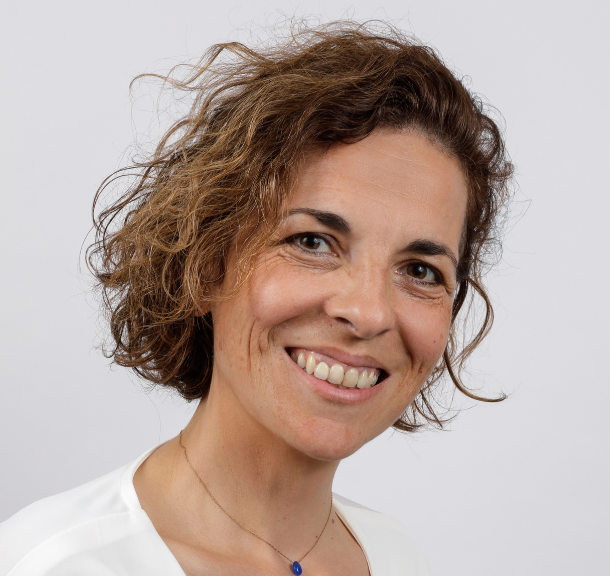What is the European Connected River project?
The European Connected River Project aims to improve the coexistence between commercial, ecological, and recreational uses of waterways in North-West Europe.
The focus is on the development and animation of waterfronts along rivers and streams.
The Connected River project has three main focuses:
- integrating new actors traditionally absent from waterway governance;
- testing new project management methods such as design thinking in waterway management;
- launching pilot projects to test new solutions.
Five northern European port cities have been selected as pilot sites, including Lille (France), Hamburg (Germany), Amsterdam and Nijmegen (Netherlands), and Vordinborg (Denmark). The province of Flanders (Belgium) is also developing a pilot site.
This project is co-financed by Interreg North Sea, a European Union program. It will run from January 2023 to December 2026.
Who are our main partners?
There are three types of partners: “host” partners, who develop pilot projects on experimental sites; “approach” partners, who are responsible for developing methodologies and facilitating the smooth running of experiments; and “solution” partners, who develop technological and organizational solutions to meet the challenges of pilot projects.
“Host” partners
- Rijkswaterstaat – Ministry of Infrastructure and Water Management (NL)
- Port of Hambourg (DE)
- Flemish Environment Agency (BE)
- City of Nijmegen (NL)
- Ports of Lille (FR)
- Municipality of Vordingborg (DK)
“Approach” partners
- Antwerp Management School (BE)
- Innovalor Advice (NL)
- Digital Hub Logistics Hamburg (DE)
- AIVP (FR)
“Solution” partners
- EcoLoop AB (SE)
- Logistics Initiative Hamburg (DE)
- PortPay (NL)
What is AIVP’s role?
As part of the project, the AIVP is focusing on issues of shared governance, technological and methodological innovation, and mixed uses. The AIVP is contributing its experience and best practices from its international network to feed the reflections and inspire the project partners. The AIVP plays an active role in facilitating the smooth sharing of information between project members. Throughout the project, AIVP is also working to disseminate the results of the project to members of its network, so as to share findings that could inspire other cities and ports to better consider and reconcile the different uses of the waterway and its surroundings.
What are the expected results?
The aim of this type of European project, funded by Interreg, is to set up experiments so that the various partners can test solutions to the challenges they face, and then decide whether to implement the successful experiments.
As part of Connected River, a short-cycle innovation methodology called Flow Forward has also been developed to help pilot project leaders experiment as quickly and easily as possible. It is already available here. This platform will be bolstered by the various best practices resulting from the experimentation areas. The best practices are varied in nature and may relate to: how to better involve the ecosystem around a specific subject to encourage consensus and shared action, which technological solution to use to manage the different uses of a waterway that is extremely busy (the River Ij in Amsterdam), etc. Eventually, they will also be included in the AIVP’s guide to good practices and made available to the general public.
Another major result is, of course, the initiation and strengthening of cooperation between these different Northern European organizations, which we hope will continue beyond the duration of this project.





